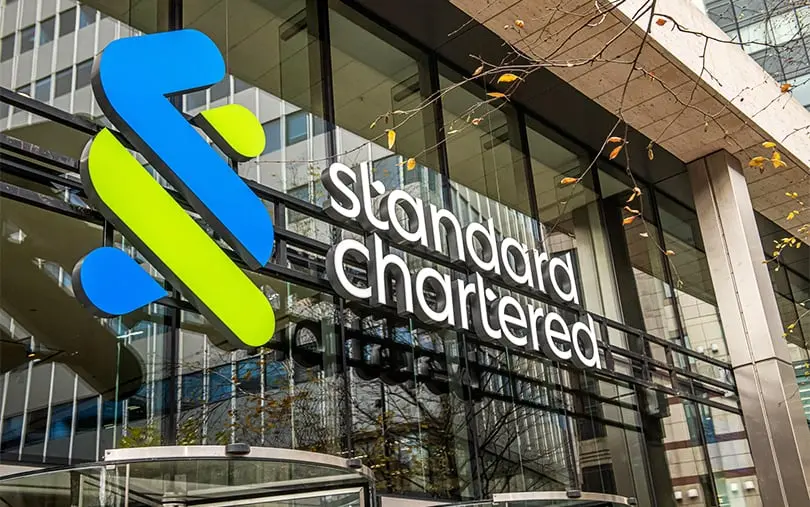Standard Chartered is poised to generate nearly $1 billion in income from its sustainability-driven initiatives by 2025, surpassing its original target by a year. CEO Bill Winters confirmed this projection during his address at the World Economic Forum (WEF) in Davos, highlighting the bank’s ongoing leadership in global climate finance.
Winters noted that while the bank initially set a target of $1 billion in sustainability income by 2026, it now expects to achieve this milestone a year ahead of schedule. Standard Chartered has committed to mobilizing $300 billion in green and sustainable financing by 2030, further solidifying its role as a major player in the financial sector’s transition to a net-zero economy.
The bank’s focus on sustainable financing has proven to be profitable, with Winters emphasizing that ethical investments and sustainability goals not only benefit the planet but also contribute to the bank’s bottom line. He stated, “It’s a profitable business. We do the right thing, and we get paid for it. It’s a win-win.”
Despite political challenges and the growing anti-Environmental, Social, and Governance (ESG) sentiment, particularly in the U.S., Standard Chartered remains steadfast in its commitment to supporting the transition away from fossil fuels. Winters pointed out the global momentum behind sustainability, noting that the shift to a net-zero economy is unavoidable in the long run.
While U.S. and Canadian banks have pulled out of the U.N.-backed Net-Zero Banking Alliance, Standard Chartered continues to be an active member, demonstrating its ongoing commitment to climate-conscious finance. The bank is closely monitoring the evolving political landscape, particularly in light of shifting U.S. policies under former President Donald Trump, who has emphasized expanding fossil fuel production.
Winters acknowledged that political changes can pose challenges, but pointed to the resilience of the clean energy sector, noting the significant growth of solar and wind energy in conservative states like Texas during the previous administration. This highlights the potential for green energy to flourish, even amidst political opposition.
As Standard Chartered moves forward, its approach to sustainability is positioning the bank not only to lead in the climate finance space but also to profit from the growing demand for sustainable investment. This aligns with global trends where sustainable financing is becoming increasingly vital for both environmental impact and financial success.
Sources:
- World Economic Forum
- Standard Chartered Annual Report
- U.S. Government Data on Clean Energy Growth
Standard Chartered Office Picture by FMT CCA BY 4.0

